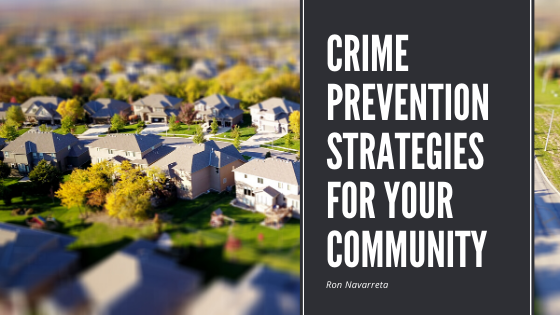Community crime prevention is the idea of enlisting the help of local citizens who work in a support capacity with their area law enforcement in order to prevent crime. There are many ways this idea can manifest, such as a community watch group, but there is also a clear focus on enhancing the social infrastructure of a community in order to provide an environment where crime is less likely to occur. Groups that might get involved include faith-based organizations, but any resident is welcome to be part of an anti-crime initiative.
The idea of police allowing community assistance first came about during the 1960s, but it was mostly to be the eyes and ears of the police, not to do any enforcing. Near the end of the 1970s, however, things changed with the development of two federal crime prevention initiatives called The 1977 Community Anti-Crime Program and the 1980 Urban Crime Prevention Program. The purpose of these programs was to make the public feel more at ease when it came to reporting criminal activities to the police, as well as to increase the overall citizen participation in neighborhood crime prevention efforts. These gave rise to a new era of neighborhood watch groups and their relationship with more official sectors of crime prevention and enforcement.
Security surveys are usually the first step when a community decides to put a crime prevention strategy into effect. A security professional, usually a member of law enforcement, is tasked with walking alleyways, sidewalks, and perimeters of buildings at night to look for poorly-lit areas. Other checks might include locked doors and windows. The end result is to remove any opportunity that would make crimes easier to occur.
Nowadays, there are even virtual methods of protecting your neighborhood. Apps such as Nextdoor are used to communicate with other members of zones and neighborhoods, determined by the members themselves upon profile creation. They not only serve to alert others about potential dangers in the area, but also to ask for recommendations for products and services. There is also a marketplace for people to exchange goods. People who might be unable to leave their homes can even request help from neighbors, if necessary. If you are interested in buying a home, the internet also provides quick access to databases of potential sex offenders in your area and crime statistics.

